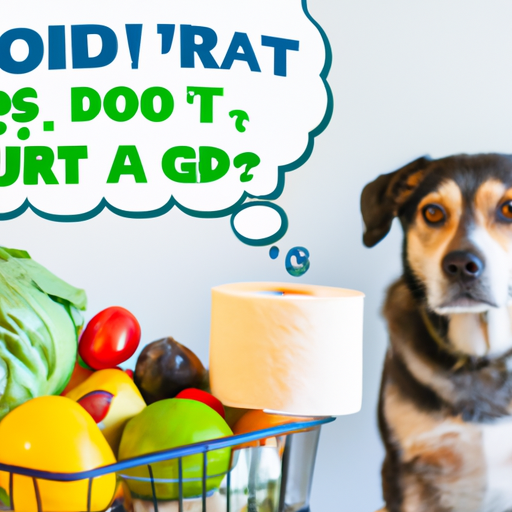Understanding Canine Constipation
First things first, let’s get you up to speed on what constipation in dogs really means. As a dedicated caregiver, you might notice your furry friend straining, whimpering, or showing signs of discomfort during defecation. Perhaps, there’s been a noticeable decrease in the frequency of their bowel movements. These are classic signs of constipation in dogs.
Causes of Constipation
Understanding the causes of constipation can be crucial in determining the appropriate treatment. Some of the common causes include:
-
Ingestion of foreign objects: Dogs are curious creatures. They may consume indigestible materials such as hair, bones, or other foreign objects that can lead to constipation.
-
Insufficient hydration: Just like humans, dogs need plenty of water for proper digestion. If your dog is not drinking enough water, it might result in harder stools that are difficult to pass.
-
Lack of dietary fiber: A diet low in fiber can also lead to constipation in dogs.
-
Underlying medical conditions: Certain medical conditions like kidney disease, prostate disorders, or neurological issues can cause constipation in dogs.
Remedies for Canine Constipation
If your dog is suffering from constipation, don’t panic. There are a few things you can try at home to help your furry friend get back to regular bowel movements.
-
Increase Water Intake: Encourage your dog to drink more water. This can help soften the stool and ease constipation.
-
Fiber-rich Foods: Including fiber-rich foods in your dog’s diet can help promote regular bowel movements.
-
Physical Activity: Regular exercise can stimulate normal bowel function.
-
Over-the-counter Medications: Some over-the-counter medications may be helpful, but always consult your vet before administering any type of medication.
| Remedy | Action |
|---|---|
| Increase Water Intake | Soften the stool and ease constipation |
| Fiber-rich Foods | Promote regular bowel movements |
| Physical Activity | Stimulate normal bowel function |
| Over-the-counter Meds | Can be helpful, but consult your vet before administering |
When to Consult a Vet
While occasional constipation is normal, prolonged or chronic constipation can be a sign of a more serious health issue. If your dog’s constipation lasts more than a couple of days, or if it is accompanied by other symptoms like vomiting, loss of appetite, or lethargy, it’s time to reach out to a vet.
Frequently Asked Questions
Q: Can I give my dog human laxatives?
A: It’s not advisable to give your dog human laxatives without consulting a vet.
Q: How long does dog constipation last?
A: Typically, constipation in dogs should not last more than a couple of days. If it does, consult a vet.
Q: Can constipation in dogs be serious?
A: Yes, if left untreated or if it’s a symptom of a more serious health issue, constipation can be serious.
Remember, as a caregiver, always keep your vet in the loop when it comes to your pet’s health. Your insights and observations are invaluable in helping them provide the best care possible.



